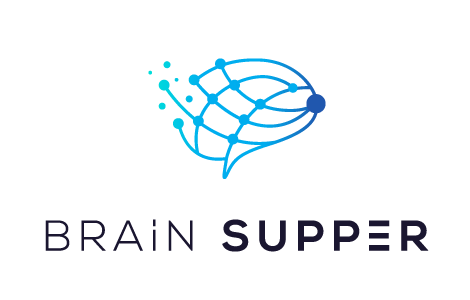Transforming Possibilities into Reality
Explore the real-world impact of AI applications, and learn how businesses are utilizing intelligent technologies to boost productivity, improve customer experiences, and gain a competitive edge.
FAQ
AI applications use intelligent technologies like machine learning, natural language processing, and automation to solve problems, streamline operations, and improve decision-making. Whether you're looking to automate repetitive tasks, improve customer service, or predict future trends, AI can help your business run more efficiently and give you a competitive edge.
It might sound complex, but AI doesn't have to be difficult to implement! There are many user-friendly AI tools and platforms designed to integrate smoothly into your current systems. You don't need to be an expert; the right solution can be tailored to fit your business needs. Plus, you can start small and scale up as you get comfortable with the technology.
AI is transforming nearly every industry, from healthcare and finance to retail and manufacturing. In healthcare, it's used for diagnostics and patient care; in finance, for fraud detection and risk assessment; and in retail, for personalized shopping experiences. No matter your field, AI can drive improvements by making smarter, faster decisions based on data.
AI isn't about replacing people - it's about making work easier by handling repetitive, time-consuming tasks. This allows your team to focus on more strategic, creative, and meaningful work. Think of AI as a powerful tool that supports your employees, helping them be more productive and innovative.
Like any new technology, AI comes with its risks, such as data privacy concerns or potential biases in decision-making. However, with careful planning and proper implementation, these risks can be managed. It's important to work with trusted experts and ensure that your AI systems are transparent, fair, and aligned with your values. The benefits far outweigh the challenges when AI is used responsibly!
